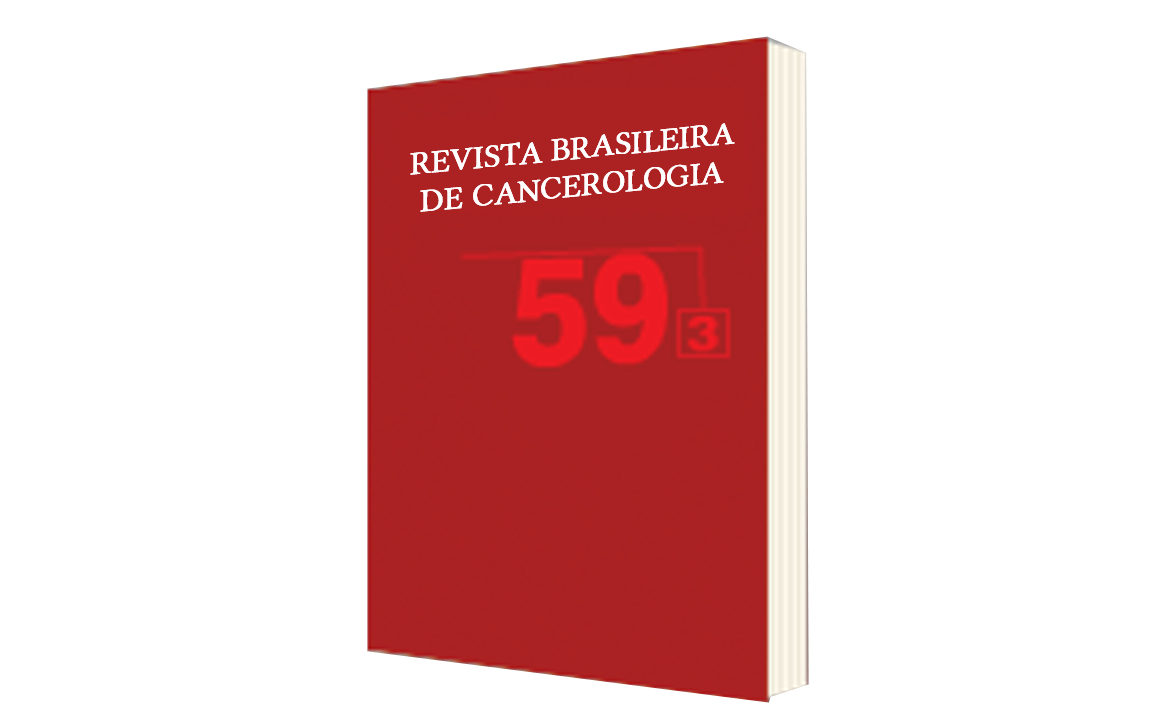Association Between Sociodemographic Variables and Advanced Clinical Staging of Breast Neoplasms in a Reference Hospital in the State of Espírito Santo
DOI:
https://doi.org/10.32635/2176-9745.RBC.2013v59n3.501Keywords:
Female, Breast Neoplasm, Neoplasm Staging, Demographic Indicators, Women’s HealthAbstract
Introduction: Breast neoplasm is the second tumor considering incidence and mortality among women in Brazil. Objective: To examine the association between sociodemographic variables and the initial clinical staging of breast neoplasms in women, using the database of a Cancer Hospital Registry. Method: We performed an analytical study of secondary data from 2930 recorded cases of breast neoplasm in women who received treatment between 2000 and 2006 in an oncology reference hospital in the State of Espírito Santo. After evaluating the completeness of data, the records were combined into initial staging (early and late) and then we applied the chi-square test and the logistic regression in order to identify statistically significant variables associated with the occurrence of late-stage diagnosis. Results: Skin color and marital status were not significantly associated with the occurrence of late-stage diagnosis, however, poor education and the origin of the forwarding by Sistema Único de Saúde were decisive for, respectively, 4.3 and 1.9 times more probability of a diagnosis in late staging. Conclusion: Women with lower education level and dependent on Sistema Único de Saúde are more likely to have a breast tumors diagnosis in late staging.









